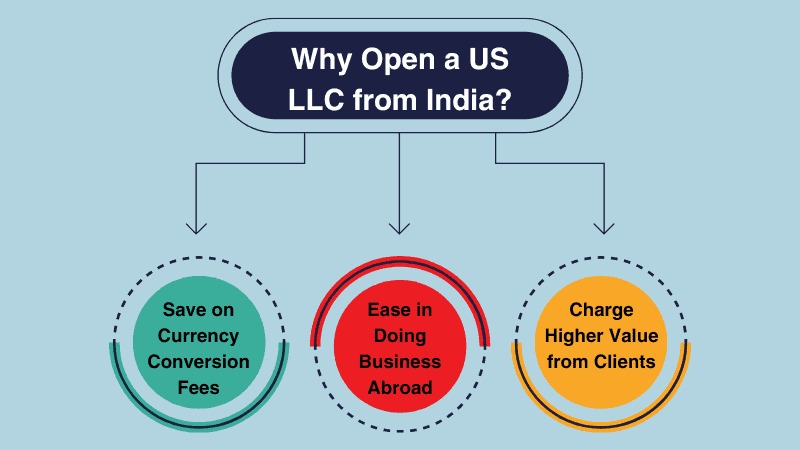
India vs USA: Key Legal and Regulatory Challenges for Global Businesses
India Offers Cost Efficiency but Faces Bureaucratic Delays and Compliance Complexity
USA Provides Transparent Laws and Strong IP Protection, Yet Higher Costs and Multi Layered Regulations Remain a Hurdle
By Our Foreign Law Correspondent
New Delhi: November 13, 2025:
The key legal and regulatory challenges of doing business in India vs USA differ sharply. India offers lower costs and a huge domestic market but faces bureaucratic delays, complex compliance, and slower enforcement. USA provides transparent laws, strong IP protection, and flexible incorporation, but higher costs and overlapping federal/state regulations can be burdensome.
Also Read: India’s e-Jagriti Portal Brings Consumer Justice Online: 2.75 Lakh Users in First Year
⚖️ Sector Specific Legal & Regulatory Comparison: India vs USA
1. Technology & Startups
- India:
- Pros: Startup India incentives, tax holidays, simplified incorporation.
- Cons: Data protection laws still evolving; slower IP enforcement.
- USA:
- Pros: Strong IP laws, venture capital ecosystem, clear data privacy frameworks (e.g., CCPA, HIPAA).
- Cons: High litigation costs; strict compliance with federal and state privacy laws.
2. Manufacturing & Industrial
Also Read: ITAT Rules Mere Ownership of Agricultural Land Not Enough to Claim Farm Income
- India:
- Pros: 15% corporate tax for new manufacturing firms; Make in India incentives.
- Cons: Land acquisition laws complex; environmental clearances slow.
- USA:
- Pros: Advanced infrastructure, predictable environmental regulations.
- Cons: Higher labour costs; strict OSHA compliance.
3. Pharmaceuticals & Healthcare
- India:
- Pros: Cost effective production; large generic drug market.
- Cons: Regulatory approvals slower; quality enforcement inconsistent.
- USA:
- Pros: FDA provides strong regulatory framework; high trust in quality.
- Cons: Expensive compliance; long approval timelines.
Also Read: Supreme Court Declares Remand Illegal Without Written Grounds of Arrest
(Comparative study: Indian regulators like CDSCO vs US FDA show India’s system is improving but less rigorous than the USA’s.)
4. Financial & Securities Markets
- India:
- Pros: SEBI reforms improving transparency; digital trading platforms.
- Cons: Regulatory enforcement slower; insider trading laws less stringent.
- USA:
- Pros: SEC provides strong oversight; predictable enforcement.
- Cons: Heavy compliance costs; complex reporting requirements.
(Comparative analysis: SEBI vs SEC shows India’s market is growing but enforcement lags the USA.)
Also Read: India’s New Data Laws to Unlock ₹10,000 Crore Compliance Market: Future of Digital Governance
5. Labor & Employment
- India:
- Pros: Large, cost effective workforce; new labour codes aim to simplify compliance.
- Cons: Enforcement varies by state; rigid labour laws in some sectors.
- USA:
- Pros: Clear frameworks; strong anti discrimination laws.
- Cons: High wages; mandatory benefits increase costs.
✅ Pros & Cons Summary
Sector India – Pros India – Cons USA – Pros USA – Cons
Also Read: Delhi High Court Says GST Cannot Be Levied on Leasehold to Freehold Property Conversion
Tech Startup incentives Weak IP enforcement Strong IP, VC ecosystem High litigation costs
Manufacturing Low tax rates Land & clearance delays Advanced infrastructure High labour costs
Pharma Cost effective Slow approvals FDA trust Expensive compliance
Finance SEBI reforms Slower enforcement SEC oversight Heavy compliance
Labor Cost effective workforce Complex compliance Clear frameworks High wages
Conclusion
India is attractive for cost sensitive industries like manufacturing, IT services, and generics, but businesses must navigate bureaucracy, slower enforcement, and evolving regulations. USA is ideal for innovation driven sectors like technology, pharmaceuticals, and finance, offering strong legal protection and global credibility, but at higher costs and complex compliance burdens.
Also Read: Delhi High Court Examines BCI Rules on Foreign Law Firms as IndusLaw Joins Legal Challenge
👉 The most effective global strategy is dual engagement: leverage India for scale and affordability, while using the USA for innovation, IP protection, and global market access.
Suggested Keywords (SEO + GEO Friendly)
- Legal challenges India vs USA business
- Regulatory compliance India vs USA
- SEBI vs SEC comparison
- FDA vs CDSCO India USA pharma regulation
- Startup India vs Silicon Valley legal framework
- India vs USA labour law comparison
- Pros and cons doing business India vs USA
- Business incorporation India vs USA
- Corporate tax India vs USA comparison
- Global investors India vs USA legal environment
Also Read: Indian Courts Turn to Experts for Complex Financial Cases: Strengthening Justice in Economic Matters
Also Read: Supreme Court Rules Habeas Corpus Cannot Release Accused After Bail Pleas Are Dismissed